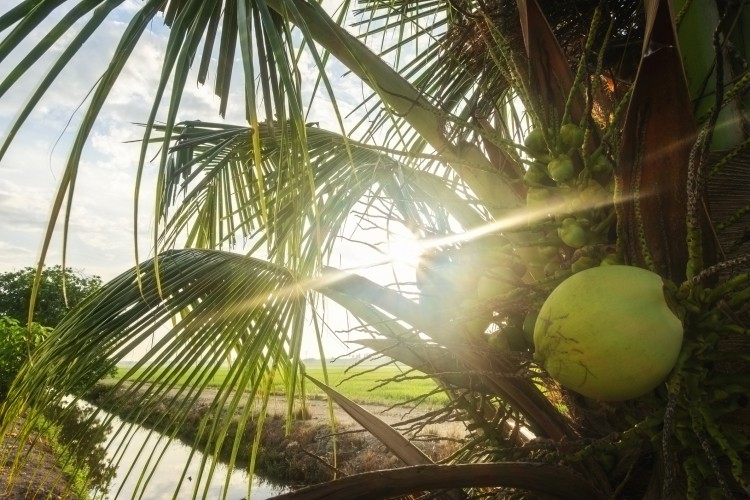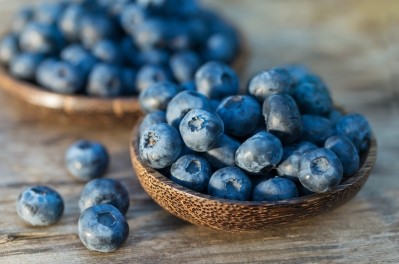Mexican palm wine may provide ‘new species with probiotic potential’

Scientists from the Universidad Autónoma de Guerrero and the Universidad Nacional Autónoma de México (UNAM) report that Tuba from the Guerrero region contains an abundance of different bacterial strains, some of which may produce antioxidant compounds such as carotenoids.
“In this work, we reported for the first time the bacterial diversity and potential functional analysis through the fermentation process of the Tuba. With the knowledge of microbiota diversity and metabolic functional inference, the Tuba production can be controlled by adjusting the presence and abundance of beneficial genera that contributes with the functional characteristics of the Tuba,” they wrote in Frontiers in Microbiology.
“Additionally, the isolation of bacteria from these samples may provide us with new species with probiotic potential.”
Probiotics were defined by the FAO/WHO in 2001 as “Live microorganisms which when administered in adequate amounts confer a health benefit on the host”. A 2014 expert consensus paper by the International Scientific Association for Probiotics and Prebiotics reaffirmed the definition (albeit with the recommendation that the word “which” be changed to “that”).
Study details
The researchers used next generation genetic sequencing to analyze the bacterial diversity and population dynamics of tuba samples purchased commercially and produced in the lab.
The data indicated that the main genus of bacteria present in the wine samples was Fructobacillus, followed by Leuconostoc, Gluconacetobacter, Sphingomonas, and Vibrio.

Additional analysis revealed that all Tuba samples – commercial or produced in the lab - had the same 10 main genera but in different abundance.
The results also showed that the bacterial strains may present the vitamin, antibiotic and antioxidant biosynthesis genes.
“We found the folate and amino acid biosynthesis pathways, which together with the known properties of coconut sap/water makes Tuba a functional fermented beverage,” wrote the researchers.
“Significant differences in the predicted functions can be related to the OTUs [operational taxonomic units] abundance; as a perspective we may study the metatranscriptome of our samples to find the gene expression in the microbial community.
“Therefore, our findings may guide future efforts to create palm fermented beverages with specific functional properties.”
Dr José Utrilla Carreri, associate professor at UNAM’s Center for Genomic Sciences and corresponding author for the study, told NutraIngredients-LATAM that the research team is continuing its work in this area and is “isolating and doing characterization of strains from Tuba”.
At this stage they do not have any industrial/commercial partners, he added.
Source: Frontiers in Microbiology
2019; 10: 531, doi: 10.3389/fmicb.2019.00531
“Bacterial Diversity and Population Dynamics During the Fermentation of Palm Wine From Guerrero Mexico”
Authors: F. Astudillo-Melgar et al.









